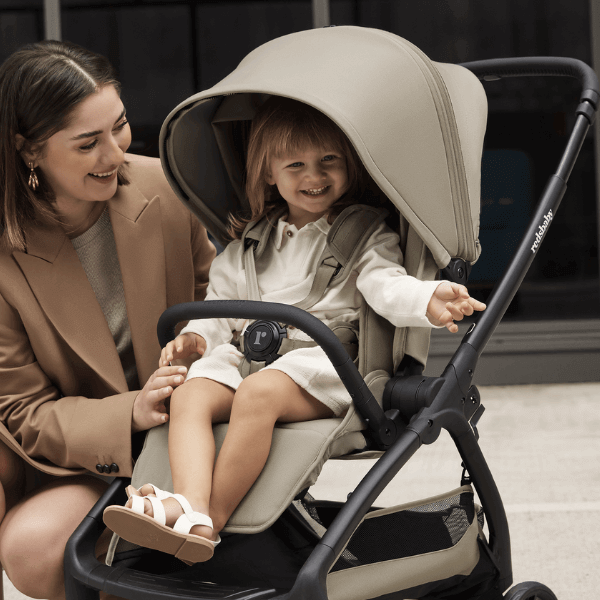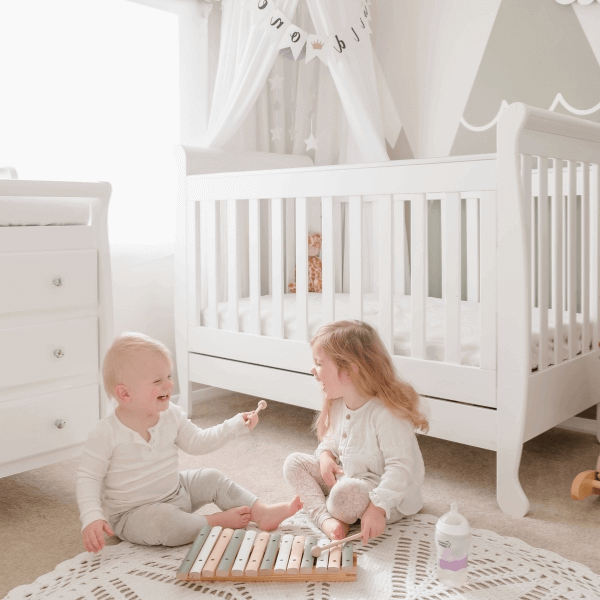
Researchers were shocked to find out that babies learned best and concentrated most closely when their expectations of the world and the way things worked were challenged. The media seemed a bit surprised too which made us laugh. They have been giving us stories that focus on the novel, new and surprising for years. The media know just as well as parents that peekaboo is always a winner with an audience.
The nature versus nurture debate is interesting and a concept that all new parents will spend a fair amount of time thinking about. So we here at babies.co.nz thought we would blog about the latest news from the world of early childhood learning and education.
Like other animals who know basic things at birth - baby birds instinctively duck and hide when they see the shadows of hawks (that have they’ve never seen before) and baby turtles head to sea once they are born – babies appear to know some things from day one as well.
Impressively they appear to grasp basic physics, or how objects move with gravity and force, which made everyone who read the articles and the study wonder about the role of both nature and nurture in our modern world.
Nature is defined broadly as genetics and the things you are born with, instinct and skills, where nurture covers the skills and things you learn from your environment and parents. Scientists concluded that the findings suggest nature and nurture are not alternatives, but interact together closely.
Nature clearly provides a lot more early understanding than previously imagined but parents can also make the most of these finds to help nurture babies education.
As Shakespeare opined, “all the world’s a stage”, for children, all the world’s really a playground or a classroom disguised as a playground. Children learn best when objects didn’t act the way they expected, when magic tricks make things disappeared and balls don’t fall with gravity.
This sounds like a perfect excuse to start learning juggling and magic to me!
"For young learners, the world is an incredibly complex place filled with dynamic stimuli. How do learners know what to focus on and learn more about, and what to ignore? Our research suggests that infants use what they already know about the world to form predictions. When these predictions are shown to be wrong, infants use this as a special opportunity for learning," says Lisa Feigenson, a professor of psychological and brain sciences in the Johns Hopkins University's Krieger School of Arts and Sciences.
"When babies are surprised, they learn much better, as though they are taking the occasion to try to figure something out about their world."
By finding the right balance between nature and nurture we as parents can provide the right sort of environment where our children have the freedom to explore and be surprised safely. So this week it is my goal to provide one interesting and thought provoking toy for my child and to remember to point out the unusual and interesting to our kids.
For ideas on though provoking and stimulating toys for babies see our toys section and especiallythe page on wooden puzzles.
Happy parenting.




